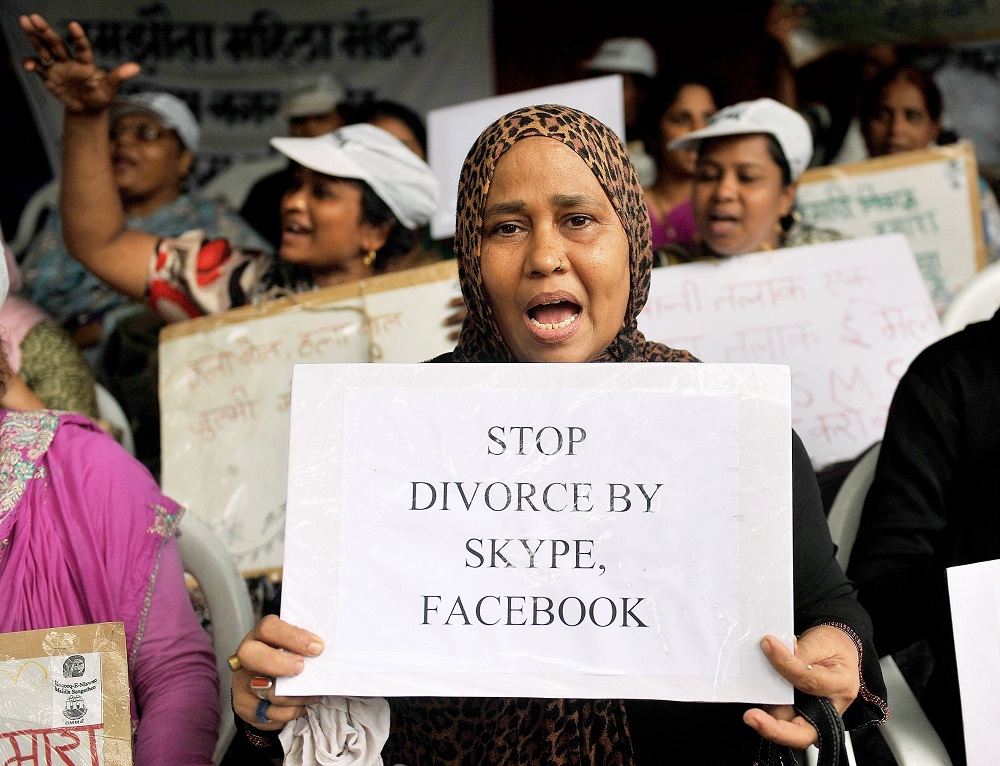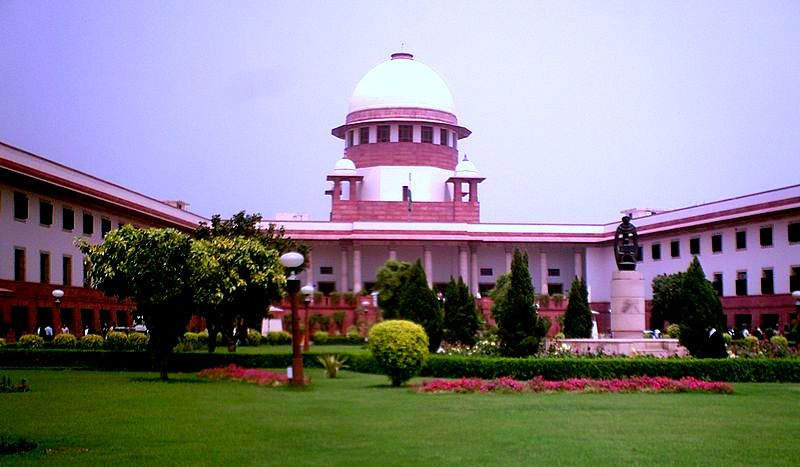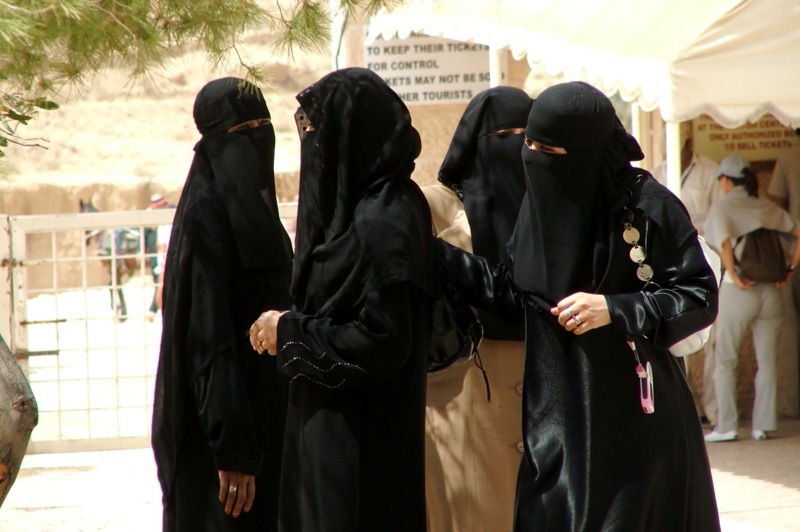‘Unconstitutional’ Triple Talaq?: Here’s What the Supreme Court’s Judgement Actually Means
“Justice has become elusive to Muslim women and remedy lies in the codification of the law of divorce.”

On 22nd Aug 2017, the Supreme Court in a judgment being heralded as historic by many, held ‘instant triple talaq’ to be unconstitutional.
While the judgment is being hailed, it is important to reiterate that only the ‘instant’ version of it – the utterance of talaq thrice in one sitting – has been banned.
The other means of talaq are still valid and legal. And the road to true equality in divorce proceedings is a long way away.

To recap – Talaq-E-Bidat is the practice, which gives the man the right to divorce his wife by uttering ‘talaq’ three times without waiting for her consent on the matter. This can be done in one sitting or spread across a period of time.
This manner of issuing talaq violates not only the original concept of triple talaq but also demeans the very sanctity of the institution of marriage. The five-judge bench, in a 3:2 majority, declared the practice of instant divorce by pronouncing talaq thrice at one go as “void, illegal and unconstitutional.”
The judges, who belonged to five different religious faiths, held that triple talaq is against the basic tenets of Quran.

However, this is not the first time the judiciary has questioned this practice. In Dec 2016, a single bench of the Kerala High Court pronounced an order in Oyoor Nazeer vs. Shameema, that paved the path for many aggrieved women.
The single bench said that the practice of triple talaq is not valid as per Quran and utterance of the same is punishable under the Indian Penal Code.
While the Supreme Court only deliberated upon instant triple talaq, the Kerala High Court in its 2016 order had gone a step ahead and stated that the power to pronounce triple talaq should be taken away from men and women and be vested with the courts alone.
Justice Mustahq while delivered the judgment observed, “Justice has become elusive to Muslim women and remedy lies in the codification of the law of divorce. It is for the lawmakers to formulate the law relating to divorce through the process of legislation.”
On the question of whether or not the Kerala High Court order held triple talaq unconstitutional, Advocate Ibrahim Khan, practising in the Kerala High Court, while speaking to The Better India said, “In that particular case there was no prayer to hold triple talaq unconstitutional. The courts observed, in that case, that as long as the holy Quran does not contemplate such divorce, it cannot be accepted. It also urged the Legislature to look into the matter to prevent such cases from occurring since they adversely affect the right of a woman.”
While ‘instant talaq’ may have been banned, there is a long way to go before women can get an equal say in their divorces.

While there is a section of the community who are unhappy with the declaration of the instant triple talaq as unconstitutional, they are all in agreement that the manner in which it is being practised today needs an overhaul and immediate correction.
One needs to take a pause and recognize that as a society, we are constantly evolving our customs and norms – this is another step forward. What was the norm yesterday need not be the norm today; and what is commonplace today, may be outlawed tomorrow.
Over the centuries, we have seen practices such as child marriage, Sati, untouchability – which were practised in the past, becoming vestiges of a forgotten era.
This falls in the same category, and this evolution will not stop.
Like this story? Or have something to share?
Write to us: [email protected]
Connect with us on Facebook and Twitter.
NEW: Click here to get positive news on WhatsApp!
If you found our stories insightful, informative, or even just enjoyable, we invite you to consider making a voluntary payment to support the work we do at The Better India. Your contribution helps us continue producing quality content that educates, inspires, and drives positive change.
Choose one of the payment options below for your contribution-
By paying for the stories you value, you directly contribute to sustaining our efforts focused on making a difference in the world. Together, let’s ensure that impactful stories continue to be told and shared, enriching lives and communities alike.
Thank you for your support. Here are some frequently asked questions you might find helpful to know why you are contributing?


This story made me
-
97
-
121
-
89
-
167











